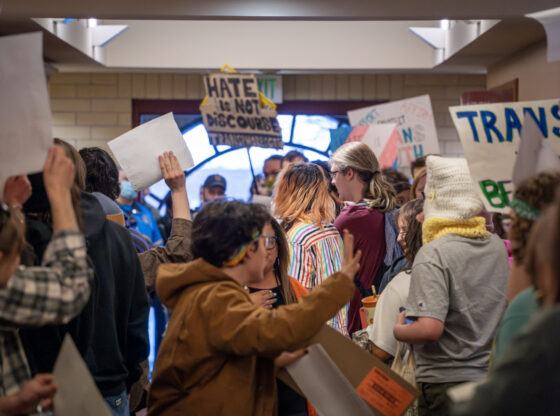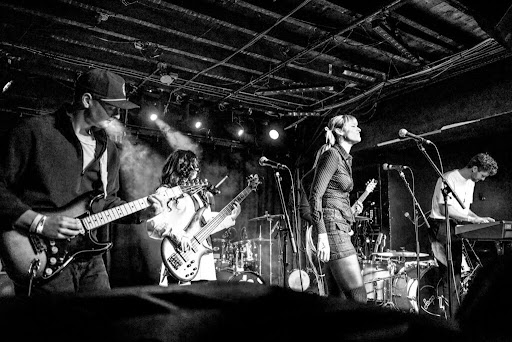Clubs are established for the enjoyment of students, but they also serve a much greater purpose in the DU community. When you are new on campus, having a space to make friends and connections is invaluable.
At a time when anxiety and depression are at an all-time high among college students, the restrictions placed on club meetings and activities have the potential to deal a severe blow to an individual’s well-being. These circumstances have made us more isolated than ever, lessening not only student morale but cooperation and camaraderie as well.
The balance between maintaining a social environment that drives campus life and protecting student’s well-being has become one of DU’s foremost concerns with COVID-19. University guidelines explain that “[events] should not exceed 2 hours in length…[and] larger events should implement 12 feet distancing.” The presence of at least one staff member per 10 participants is also required.
The maximum number of attendants was originally 100. However, in an email recently sent out, this number was revised to 50 due to the University moving from Code Green to Code Yellow, as a result of a spike in cases. At the time of writing, DU has returned to Code Green.
While holding events and gatherings is difficult given the aforementioned guidelines, one of the biggest challenges that student groups face is recruiting members in the first place.
“There’s extra effort we have to put into reaching out to people,” sophomore and President of DU Taekwondo Katelyn Allen explains. “Governing DU Taekwondo while following DU’s protocols has been tricky.”
Perhaps with their finger closest to the pulse of student engagement is the Community and Values (C + V) Initiative, a group that aims to foster a sense of belonging at DU. Chase McNamee, a doctoral student and their Senior Project Manager, explains that they “really wanted to meet the DU community where students are at, so we heavily utilized virtual tools. We hold regular webinars from 11 a.m. to noon every other Thursday. For a while, we held them twice a week or every week when the community needed that.”
For clubs, it is essential not only to make meetings convenient and accessible to a wide variety of students but address issues and topics that are meaningful to the community (COVID-19 related or otherwise).
Much like other groups, DU Club Taekwondo relies heavily on a social element and teamwork. They have found social media to be a valuable asset in the wake of new restrictions. While Zoom meetings and Facebook groups aren’t ideal, technological literacy has proven to be a useful asset in connecting with potential participants. Co-presidents Allen and Iden Sheng explained that posting more often on social media to facilitate engagement, as well as planning group study/homework meets, has been invaluable this quarter in fostering a sense of community despite the circumstances.
The Clarion has also taken precautions to protecting its staff and writers. Pitch meetings are done virtually over Zoom, and small gatherings are held in accordance with guidelines set forth by DU. Platforms such as Slack and Zoom have helped The Clarion continue to work effectively and safely under the current circumstances. The pandemic has given the paper a unique opportunity to cover the pandemic’s effect on the DU community.
College students already spend one to two hours on social media daily; it would be wise for DU to use this to their advantage when communicating with students.
Clubs also expressed that the restrictions put in place by the University have created an unexpected silver lining.
“We’re hoping to have a more well-rounded Taekwondo curriculum that teaches more technique than what we already do for sparring,” said Sheng. The group hopes to use this opportunity to equip their fighters with a more holistic skill set.
McNamee echoes this sentiment, adding that, “COVID, in a way, gave C+V a chance to be nimble. By utilizing technology, we can connect with students, faculty, staff, alums, parents, and friends of DU all at the same time, talk and be together as a community.”
Outside of reducing the spread of infection, Zoom meetings have their benefits. Clubs can use these times as a period for development and self-reflection. As difficult as it may be, this is an ideal approach to a less-than-ideal situation. COVID-19 has had an enormous impact on higher education. But the response from clubs on campus is inspiring in its tenacity, and it serves as a testament to the resilience of DU and its students.











